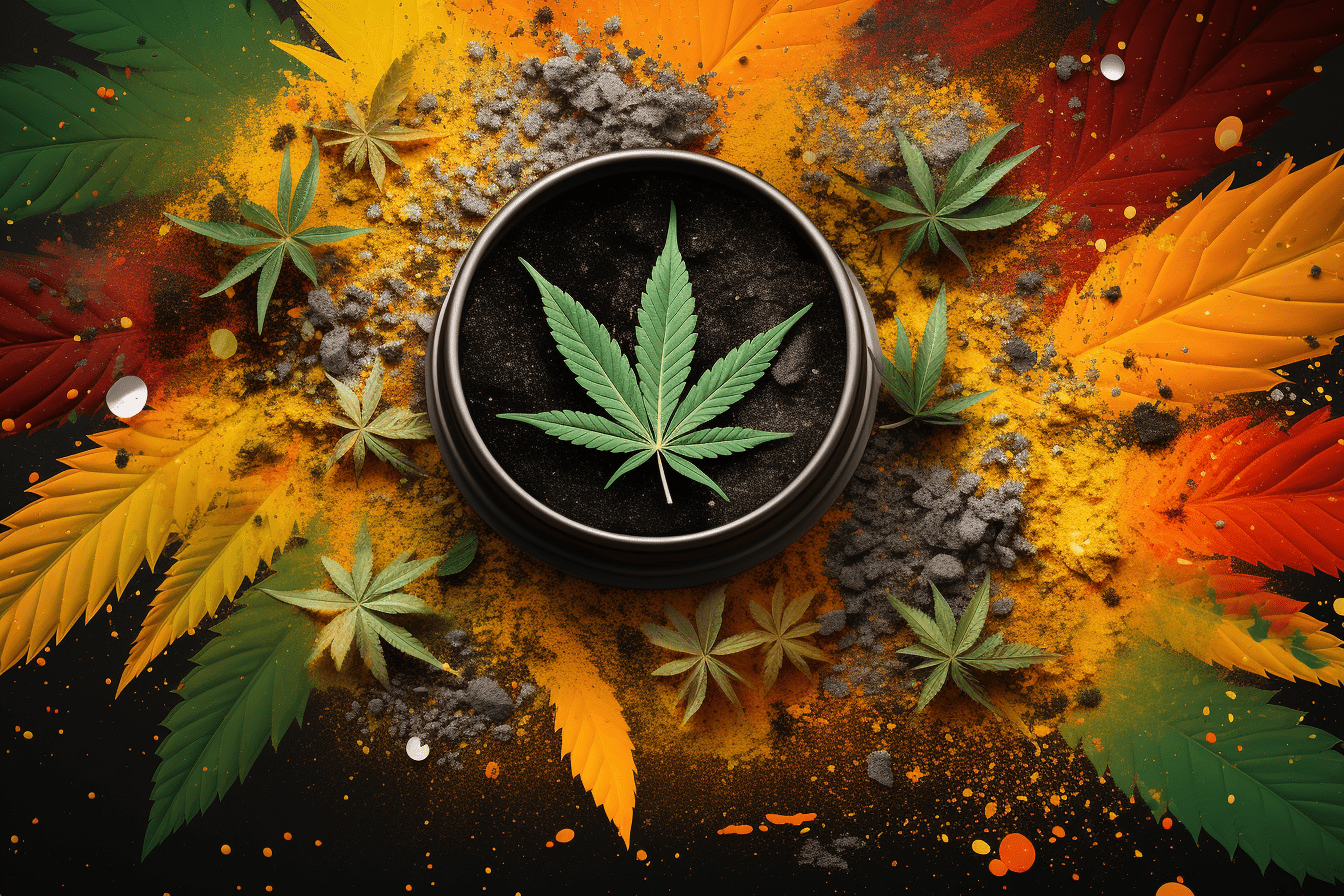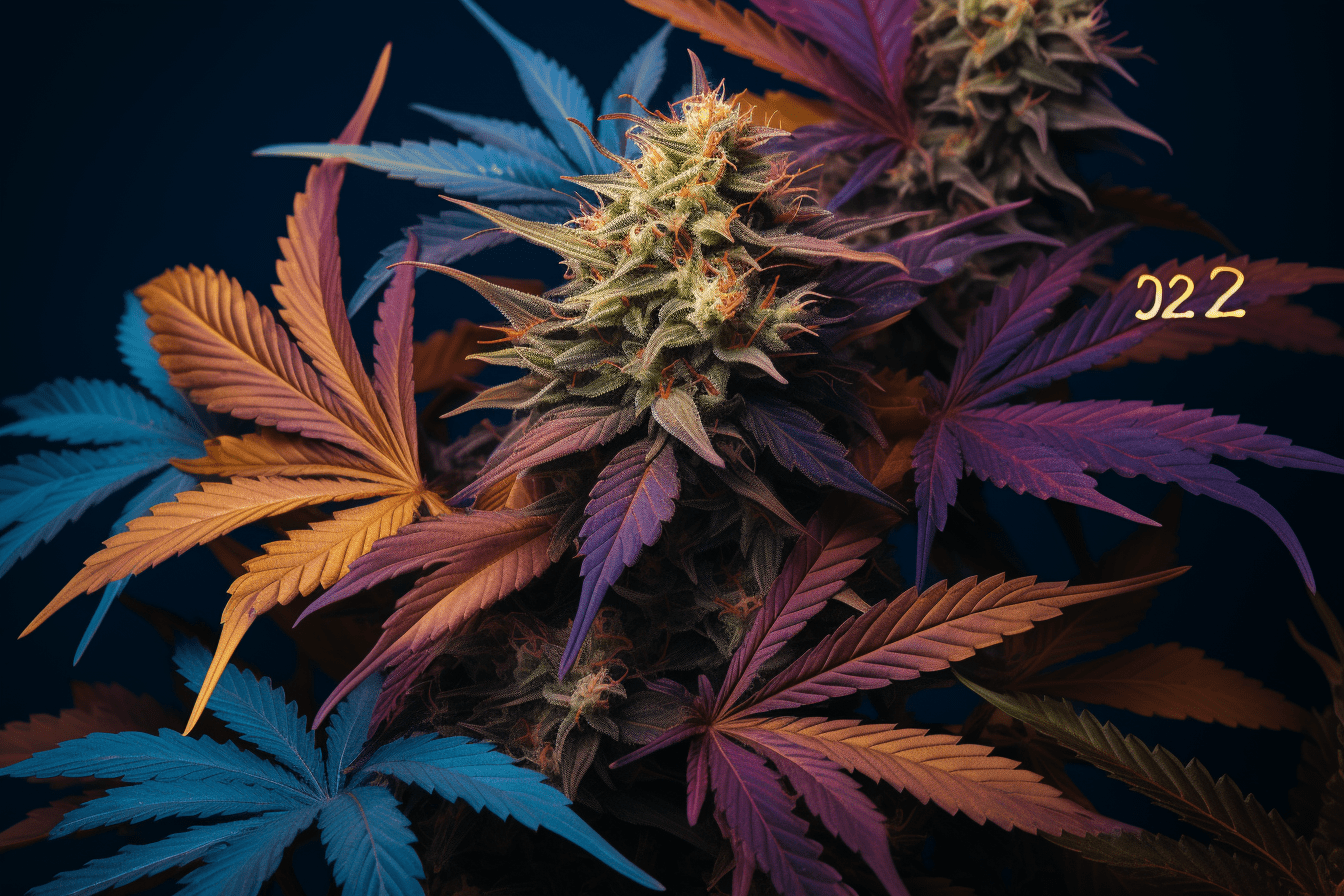
CBD Flower vs. Cannabis: Exploring Health Benefits and Differences
CBD Flower vs. Cannabis: Exploring Health Benefits and Differences
Introduction:
The world of cannabinoids has expanded significantly in recent years, with CBD (cannabidiol) and cannabis taking centre stage for their potential health benefits. However, it's important to understand the distinctions between CBD flower and cannabis to make informed decisions about their use. In this blog post, we'll delve into the health benefits and key differences between CBD flower and cannabis.
CBD Flower: A Closer Look
CBD flower, also known as hemp flower, is the blossoming bud of the hemp plant (Cannabis sativa) that contains a rich concentration of CBD (cannabidiol) and a minimal amount of THC (tetrahydrocannabinol), typically below 0.3% in the United States and 0.2% in many parts of Europe. Here's a more in-depth look at CBD flower:
1. Non-Psychoactive Nature: One of the most distinguishing features of CBD flower is its non-psychoactive nature. Unlike cannabis, which can induce a euphoric "high" due to its higher THC content, CBD flower contains minimal THC. As a result, it does not produce the mind-altering effects commonly associated with cannabis.
2. Potential Health Benefits: CBD is the primary cannabinoid found in CBD flower and is renowned for its potential health benefits. These benefits may include:
-
Pain Relief: CBD has shown promise in alleviating various types of pain, including chronic pain, neuropathic pain, and inflammation-induced pain.
-
Anxiety and Stress Reduction: Many individuals turn to CBD flower to manage anxiety and stress, as it may help reduce feelings of unease and promote relaxation.
-
Anti-Inflammatory Properties: CBD is known for its anti-inflammatory properties, making it a potential option for individuals dealing with inflammatory conditions.
-
Improved Sleep: Some users report improved sleep quality and better sleep patterns when using CBD flower.
-
Epilepsy Management: CBD has been approved as a treatment for certain forms of epilepsy, particularly in the form of the prescription medication Epidiolex.
-
Neuroprotection: There is ongoing research into CBD's potential neuroprotective properties, which may have implications for conditions like Alzheimer's disease and multiple sclerosis.
3. Legal Status: The legal status of CBD flower varies from one region to another, and it is crucial to be aware of the regulations in your area. In many countries, CBD flower with low THC content is legally accessible. This legality has opened up opportunities for individuals to explore the potential benefits of CBD without the legal constraints associated with cannabis.
4. Versatile Consumption Methods: CBD flower offers flexibility in how it can be consumed. Some common methods include:
-
Smoking: Many users prefer smoking CBD flower in a similar way to traditional cannabis. It provides a rapid onset of effects.
-
Vaporization: Vaporizing CBD flower is a popular choice for those who want to avoid the potential risks associated with smoking. Vaporizers heat the flower to release cannabinoids and terpenes without combustion.
-
Infusions: CBD flower can be infused into oils, tinctures, edibles, and beverages, allowing for convenient and precise dosing.
-
Topicals: Some users apply CBD-infused topicals directly to the skin for targeted relief from localized issues.
5. Diverse Strains: Just like cannabis, CBD flower comes in various strains, each with its unique combination of cannabinoids and terpenes. These strains can have different flavours, aromas, and effects, catering to a wide range of preferences and needs.
In summary, CBD flower represents a non-psychoactive, potentially therapeutic option for individuals seeking relief from various health concerns. Its accessibility, versatility in consumption, and potential health benefits have made it a prominent choice in the world of natural wellness and alternative medicine. However, it's crucial to conduct thorough research, consider local regulations, and consult with a healthcare professional when integrating CBD flower into your wellness routine.
Cannabis: A Comprehensive Overview
Cannabis, often referred to as marijuana or weed, contains a wide range of cannabinoids, including both CBD and THC, as well as numerous other compounds. Here are some key points about cannabis:
1. Psychoactive Effects: Cannabis contains significant levels of THC, which can induce psychoactive effects. This is the primary reason for its recreational use.
2. Medicinal Benefits: While THC contributes to the psychoactive effects, it also offers potential medicinal benefits. It can help with pain relief, nausea, appetite stimulation, and more. However, it's not suitable for everyone due to its psychoactivity.
3. Legal Status: The legality of cannabis varies widely by country and even within different regions of the same country. In some places, it is fully legal for both medical and recreational use, while in others, it remains illegal.
4. Diverse Strains: Cannabis comes in numerous strains, each with its own unique combination of cannabinoids and terpenes. These strains can have varying effects and flavors.
Key Differences Between CBD Flower and Cannabis
-
Cannabinoid Composition: The primary difference lies in the cannabinoid composition. CBD flower is high in CBD and low in THC, whereas cannabis can have varying levels of both cannabinoids.
-
Psychoactivity: CBD flower is non-psychoactive, while cannabis can induce psychoactive effects due to its THC content.
-
Legality: The legal status of both CBD flower and cannabis varies, with CBD flower often having more lenient regulations.
-
Intended Use: CBD flower is typically used for its potential therapeutic benefits, while cannabis is often used recreationally or for both recreational and medicinal purposes.
Conclusion: Choosing the Right Option
Whether you opt for CBD flower or cannabis depends on your individual needs and preferences. If you seek potential health benefits without psychoactivity, CBD flower may be a suitable choice. On the other hand, if you're looking for the full spectrum of effects that includes psychoactivity, cannabis might be more appropriate.
It's crucial to research and understand the legal regulations in your area and consult with a healthcare professional if you have specific health concerns. Ultimately, the choice between CBD flower and cannabis should align with your goals for well-being and the experience you desire.


